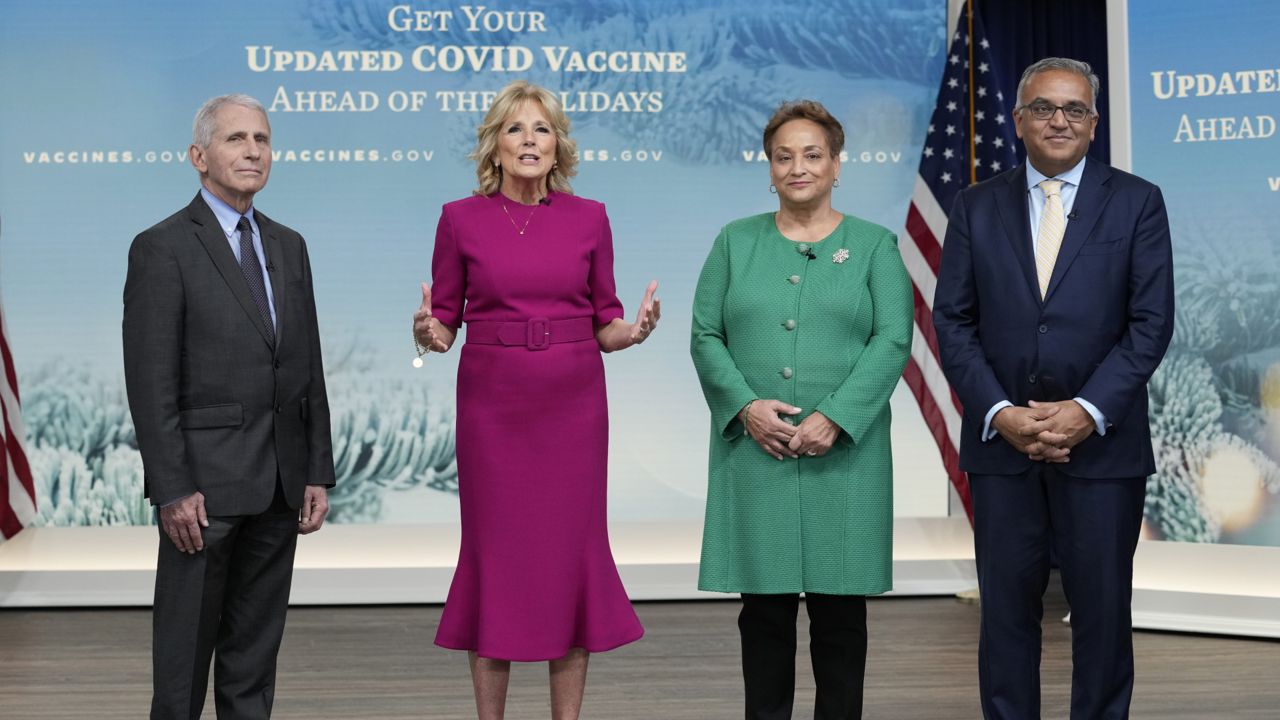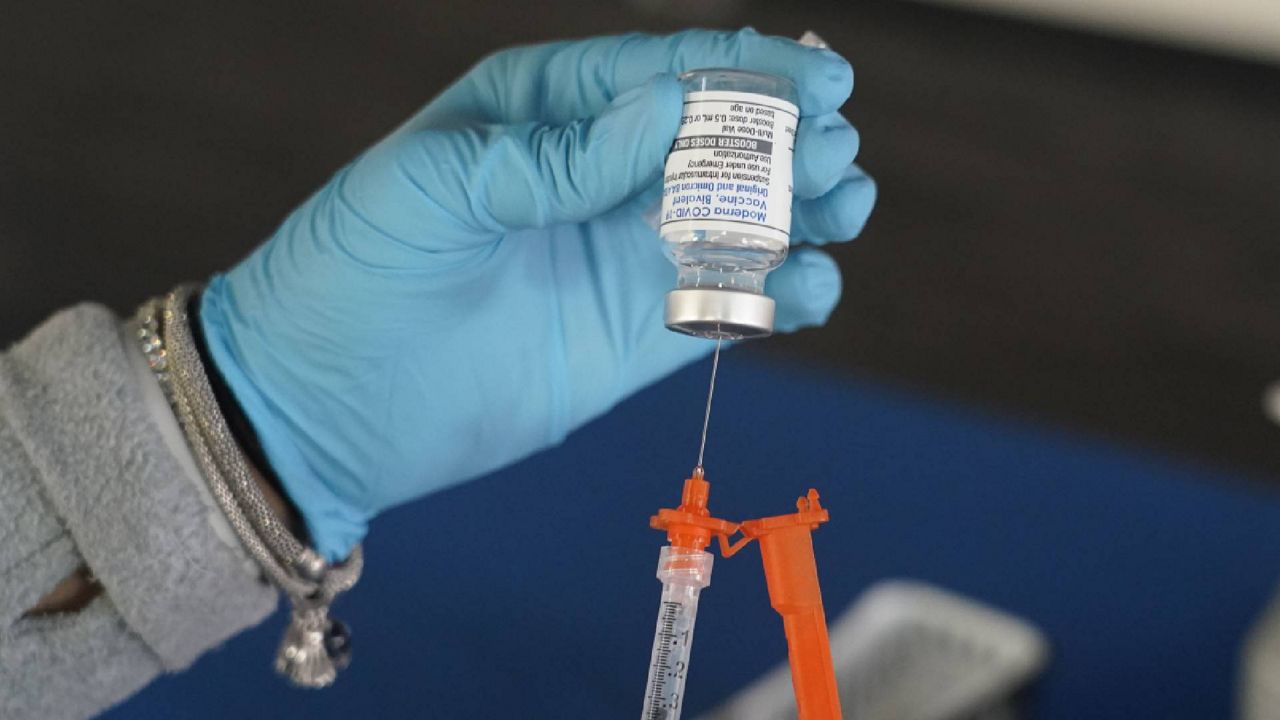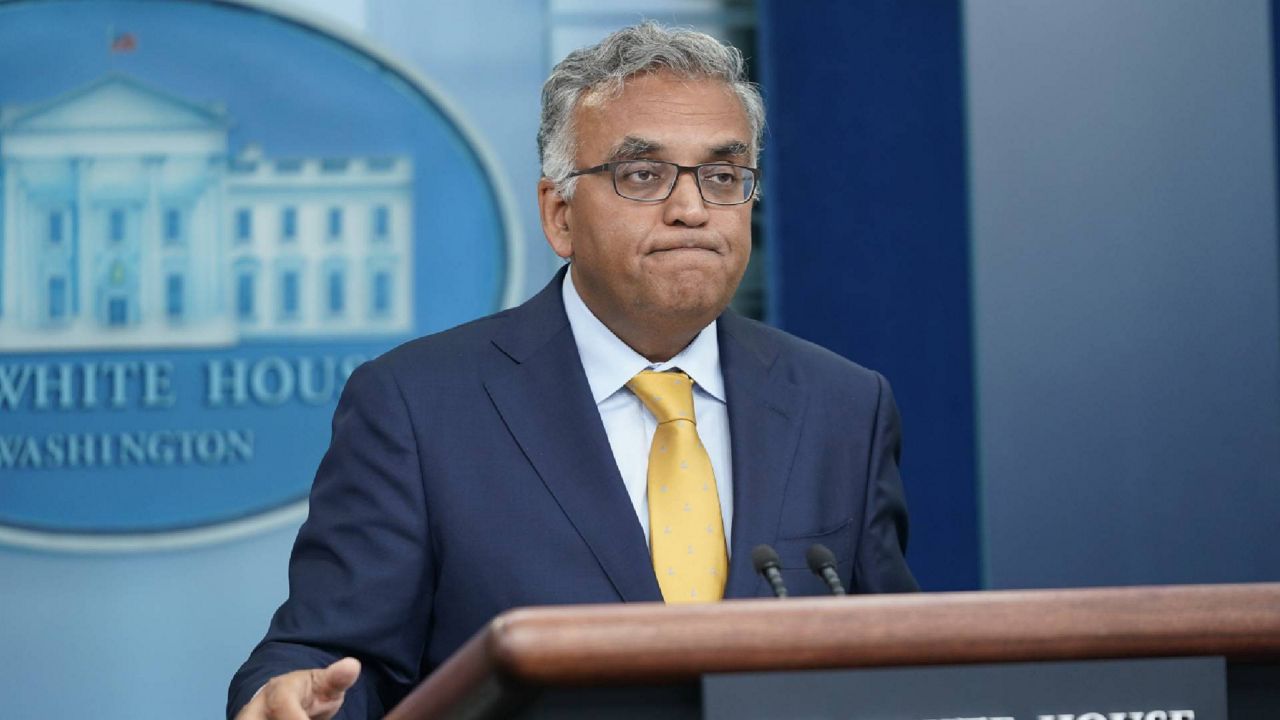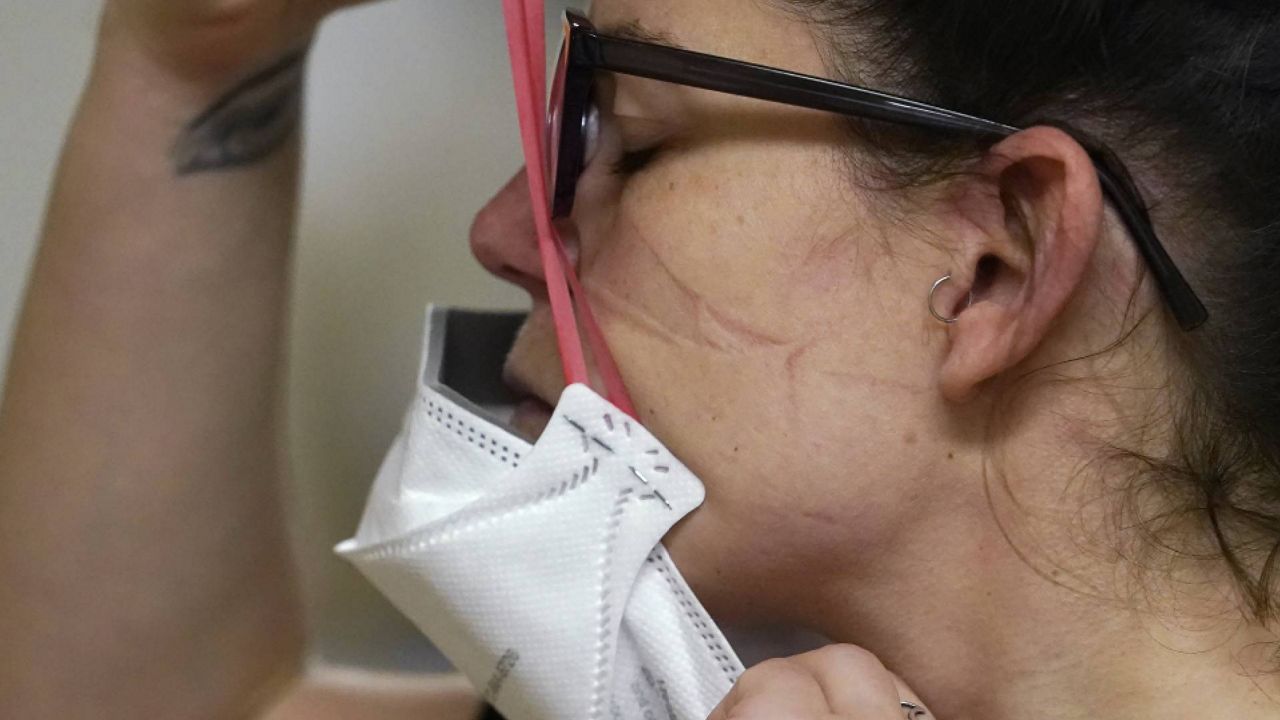The White House’s new top official on the federal COVID-19 response told Spectrum News on Wednesday that he plans to speak “openly and plainly” to Americans about the state of the pandemic in his new role, saying that he believes the U.S. is in a “much better place” with COVID-19 but that the Biden administration still needs resources to prepare for the worst.
Dr. Ashish Jha – whose first official day as the COVID-19 response coordinator was Monday – also explained that the newly-announced decision to extend a mask mandate on public transportation would give health officials time to assess the severity of rising cases of the coronavirus BA.2 subvariant.
“Will those cases lead to a real substantial increase in hospitalizations and deaths? Or will they not?” said Dr. Jha of the reasoning behind extending the requirement, which applies to planes, trains, buses and transit hubs. “We honestly don't know because the BA.2 has only become dominant in the U.S. in the last couple of weeks.”
“The CDC scientists felt that an extra 15 days would allow them to see what's happening with hospitalizations … and then make a much more data-driven decision about mask mandates on airplanes and other transportation,” he added. “My hope is that with more data, we'll be able to make a more durable decision.”
Dr. Jha came to the White House from Brown University’s School of Public Health, where he served as the dean and became known throughout the pandemic for his media appearances and multi-Tweet explanations of news about the coronavirus and public health guidance.
Jha told Spectrum News on Wednesday that he plans to continue to inform people in the same way in his role with the Biden administration.
“I feel like my job is to speak openly and plainly with the American people as I have for two years,” he said in an interview.
Jha joins the administration amid a shift in its pandemic messaging and some criticism about how the White House has communicated their concern about the virus at this moment, both calling for urgent money from Congress to continue funding things like vaccines and therapeutics while also taking a more relaxed approach around infections on their own campus, even admitting President Joe Biden may get the virus.
Jha said the U.S. is in a “much better place” in the pandemic, but he also said the country still needs to prepare for future surges anyway.
“The pandemic isn't over, as much as we all want this thing to be in the rearview mirror. That's not where we are. The virus continues to evolve. We see new variants coming out. We may see future surges,” he said.
“Instead of predicting exactly what's going to happen, we should be preparing. We should just be getting ready. So whatever Mother Nature throws at us, we are ready.”
Jha said hospitalizations and deaths were critical metrics to measure how bad the current BA.2 wave is turning out to be. He explained that’s because an increase in infections doesn’t necessarily mean cause for concern, since a large number of Americans are vaccinated and therefore mostly protected from the worst outcomes of COVID-19.
Watch clips of Reuben Jones’ interview with Dr. Jha in the video player above.









